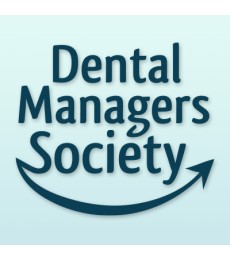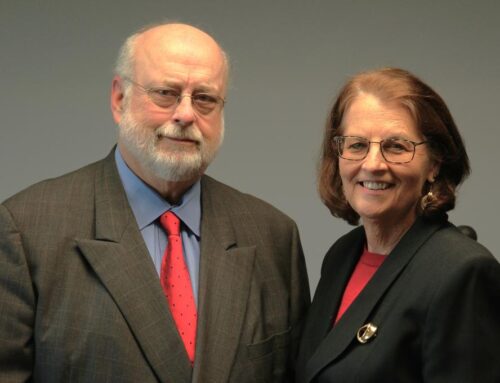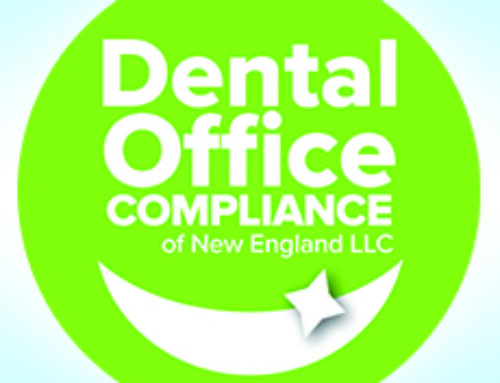Discussions about the limits on the use of Artificial Intelligence (or “AI”) have dominated the news cycle lately, even to the point where executives of companies which promote AI and essentially profit from its present and future use have expressed their concerns about its abuse. What about dentistry, which is a field which benefits from better analysis of a wide variety of factual information enabled by technological advances, but which allows the final decision maker to always be a highly educated and trained human? Aside from the benefits for more accurate clinical diagnosis, and issues relying on technology too much to actually provide hands on treatment, what are the legal and ethical issues that come up with the use, and potential abuse of using AI in dental treatment?
Dentists are held responsible under malpractice law if they do not meet the expected level of care, usually interpreted to mean the same level of treatment that other dentists are providing in their communities. Can that standard be determined by an algorithm, which analyzes all available facts and comes to a conclusion, or reasonable alternatives, based on such diagnostic tools as patient history, radiographs, and live scanning of patients’ oral conditions? There could be a database of various alternatives practitioners would suggest for treatment in particular situations. But the community standard of care, often called the “localized” standard, might reveal some of the shortcomings of A1 as a primary decision maker in diagnosing dental conditions and designing a treatment plan for human beings. How can a database be designed to weigh how an individual’s pain tolerance, subjective feelings about the extent of dentistry they prefer, economic situation, and how racial, age or gender characteristics can influence both medical diagnosis and future effects of various treatments? On the other hand, a dental professional can benefit from being able to relying on the vast array of possible treatments based on approaches other practitioners have taken in particular dental conditions they are faced with. This knowledge can provide important backup if patients challenge decision making.
Patient interaction and the very emotional “doctor-patient relationship” that is a most important part of the trust a patient places in his or her dentist, and the valuable goodwill with a patient base that results, cannot be replaced by A1 communication, many dentists would say. Perhaps, however, the communication skills of the dentist can be enhanced by such AI as immediate translation devices for foreign speaking patients. Proper informed consent is an important part of eventual patient satisfaction, and a complete and accurate interpretation of what a dentist diagnoses and suggests for treatment can be relayed. It would also provide an accurate documentation of informed consent, which is could be an important part of the dental record.
Ethical issues are involved in using AI, including the importance of ensuring privacy and the protection of patient health information. Releasing patient information into a database or using that information to treat others involves serious issues under HIPAA regulations. Transparency about how AI is being used must also be considered completely, with both an explanation to both the patient and the dentist information about AI algorithms, the possible bias of those algorithms and the limitations of AI in accurate diagnoses.
AI in dentistry will definitely run into regulatory roadblocks, with dental boards and most legislators being highly protective of the authority and respect which a dental license and education represent. It is likely that increasing benefits of technology to dentistry will be promoted, but when it interferes with individual decision making and the standards which dental boards are created to supervise, barriers will likely be created in the law to prevent that intrusion.
AI will undoubtedly create more efficiency in administrative tasks other than hands on treatment, such as appointment scheduling, record keeping, and even questions and answers that patients can use when interacting with dental offices. But humans are inherently emotional creatives, and human interaction will always have the upper hand over AI in that respect. Legal and ethical hurdles seem to be not too steep to be overcome as long as they are carefully considered as AI gains a foothold in the dental industry.

Contact Info:
Brian Hatch
Hatch Legal Group
8 North Main Street, Suite 403
Attleboro, MA 02703
HatchLegalGroup.com
brianhatch@hatchlawoffices.com
508-222-6400






